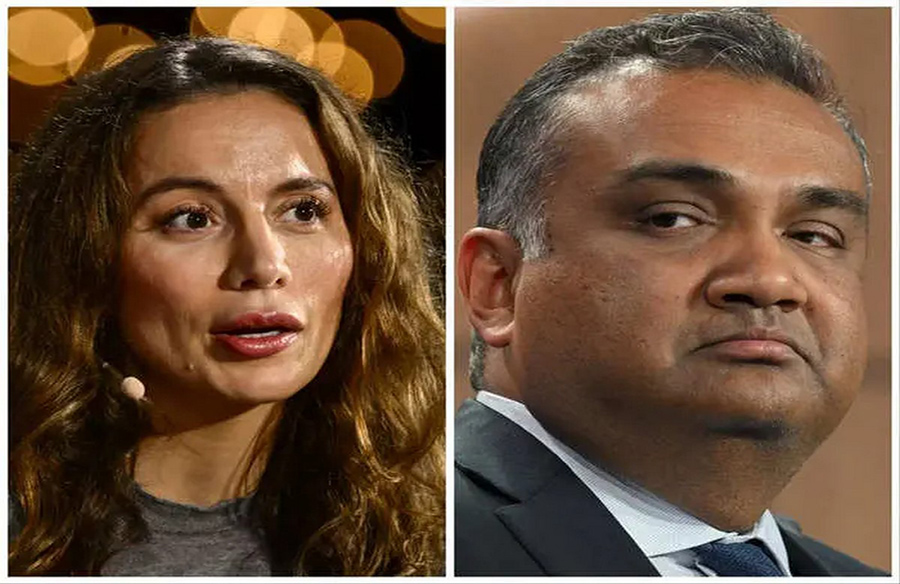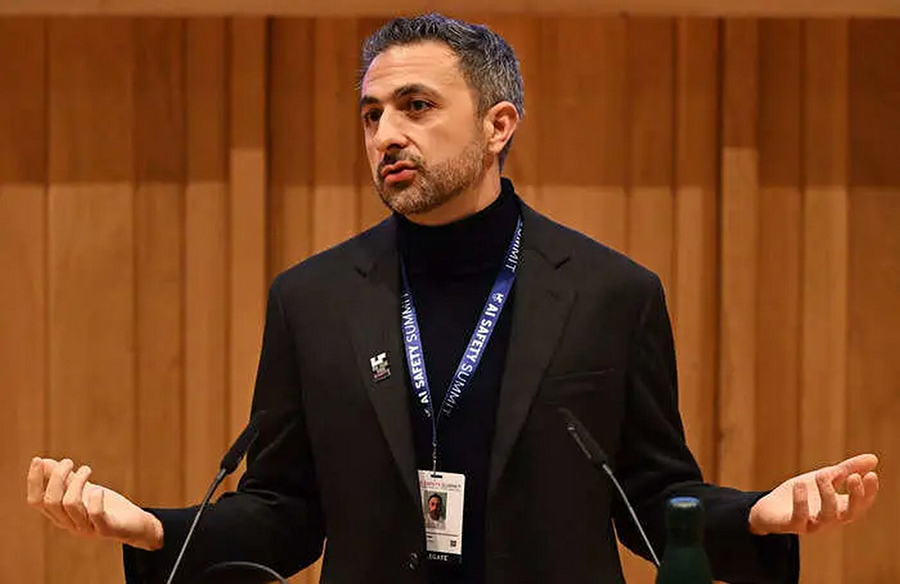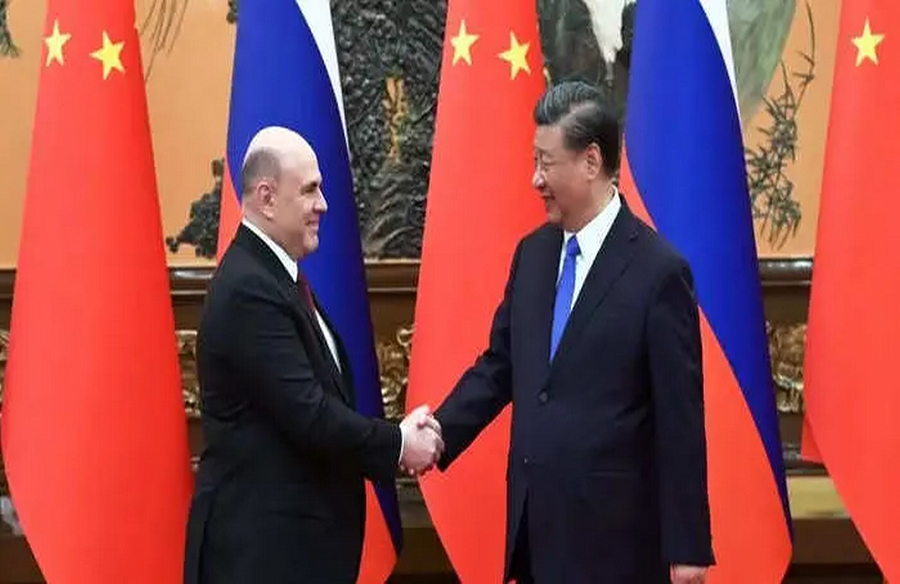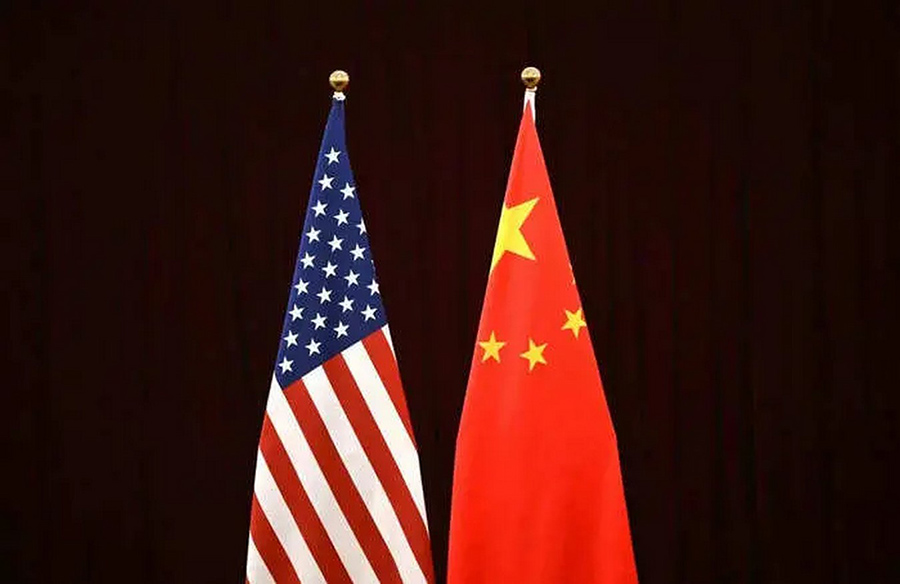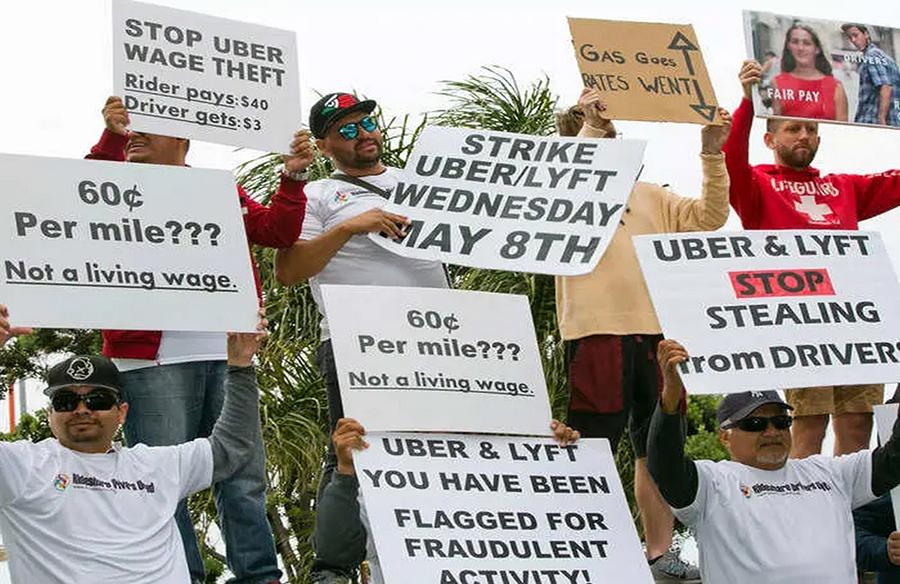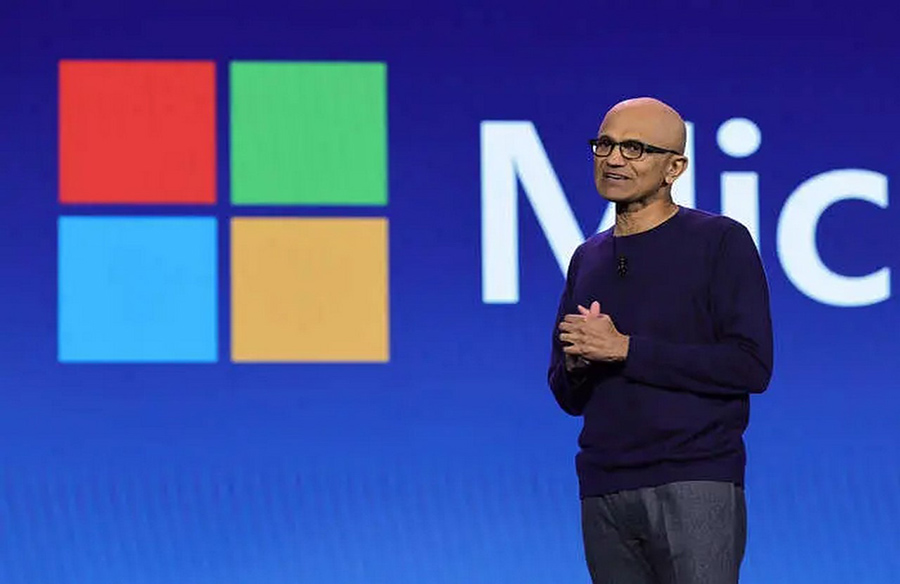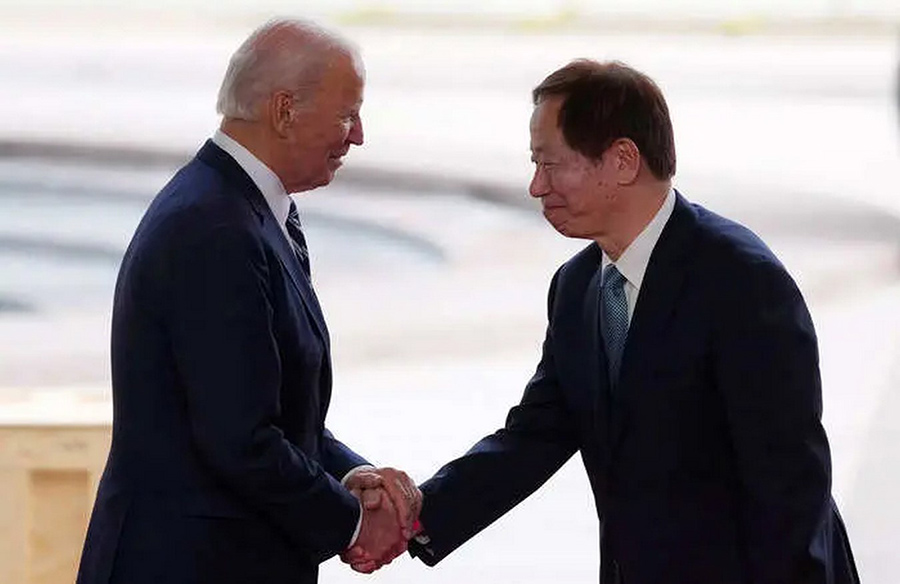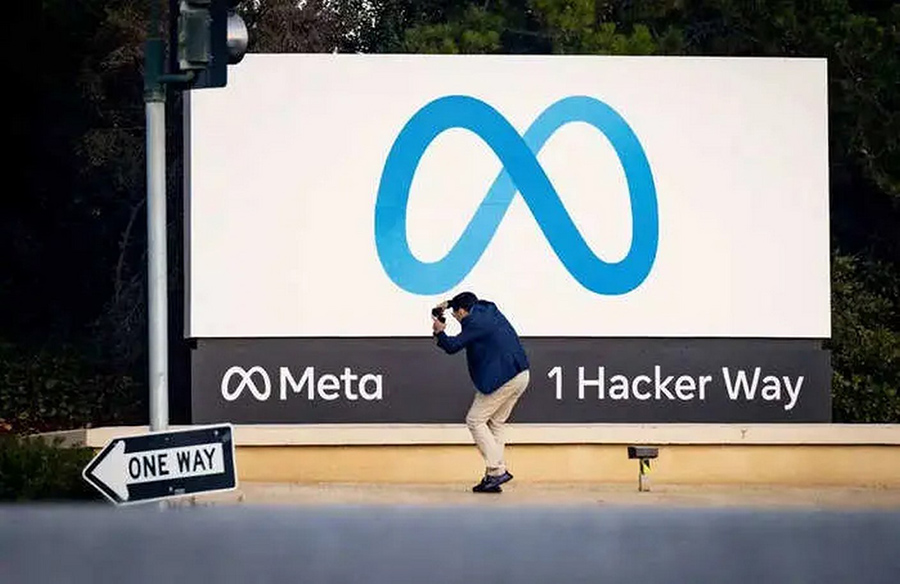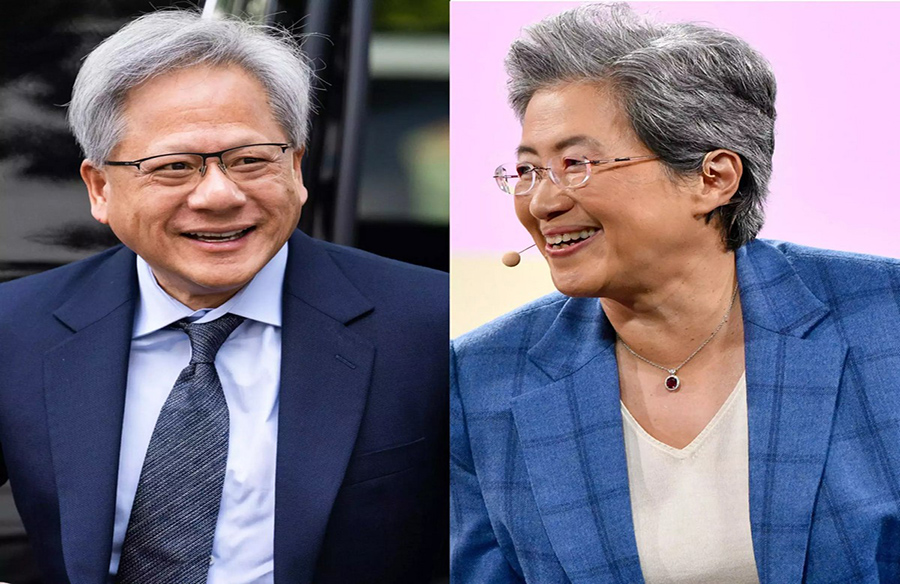Magician’s Involvement in Fake Biden Audio

Revelation by Magician
A New Orleans-based magician, Paul Carpenter, has come forward admitting his role in creating a computer-generated replication of President Joe Biden’s voice, which was used in fraudulent robocalls targeting voters in New Hampshire.
Paid Commission
Carpenter disclosed that he was hired for the task by Steve Kramer, a campaign specialist associated with Rep. Dean Phillips’ presidential campaign, who paid over $100,000 for campaign services.
Lack of Awareness
While Carpenter admitted to producing the fake Biden audio, he claimed ignorance regarding its distribution, stating he was unaware it would be used in another state.
Financial Transaction
Carpenter revealed that he was paid $150 by Kramer’s father for the work, which cost him only $1 to produce, showcasing the minimal investment involved.
Campaign Expenditure
Records from the Federal Election Commission indicate substantial payments made by Phillips’ campaign to Kramer for various campaign-related services around the time of the collaboration.
Phillips’ Campaign Response
Denouncement of Actions
Despite financial ties to Kramer, Phillips’ campaign press secretary vehemently denounced the fake Biden robocalls, expressing disgust at Kramer’s alleged involvement.
Disassociation from Scam
Phillips’ campaign asserts that they did not commission the production of the fake Biden audio and distances themselves from Kramer’s actions, emphasizing their denunciation of the scam.
Lack of Political Gain
The fraudulent robocall scheme did not appear to benefit Phillips’ campaign significantly, as Biden emerged victorious in New Hampshire’s Democratic primary.
Regulatory Response
FCC Intervention
Following the incident, the Federal Communications Commission amended regulations to prohibit the use of AI-generated voices in robocalls, aiming to curb similar fraudulent activities in the future.
Strengthening Enforcement
The regulatory change empowers state attorneys general with enhanced resources to combat scams perpetrated through robocalls, bolstering efforts to protect voters from deceptive practices.


 English
English 





































































































































































































































































































